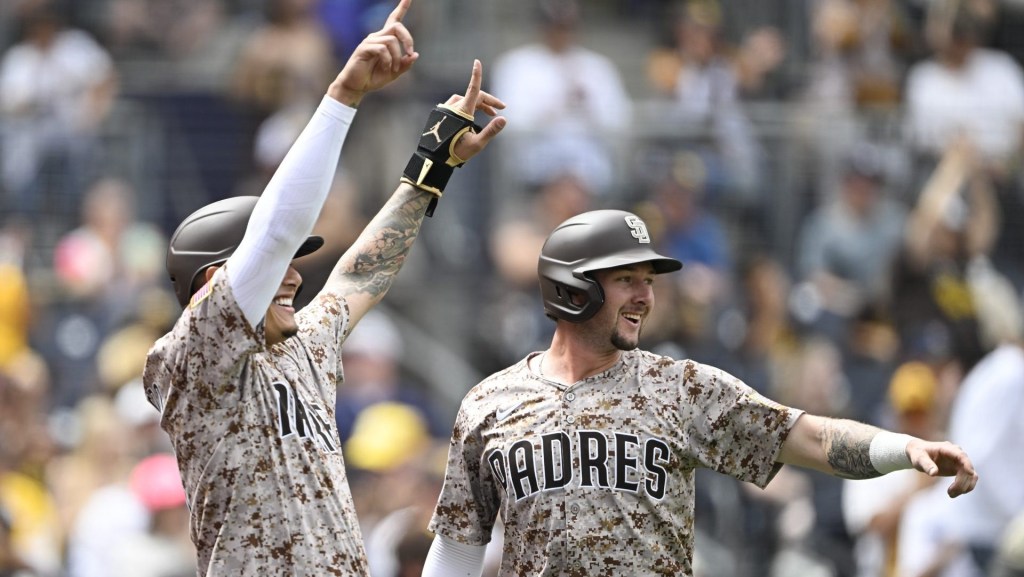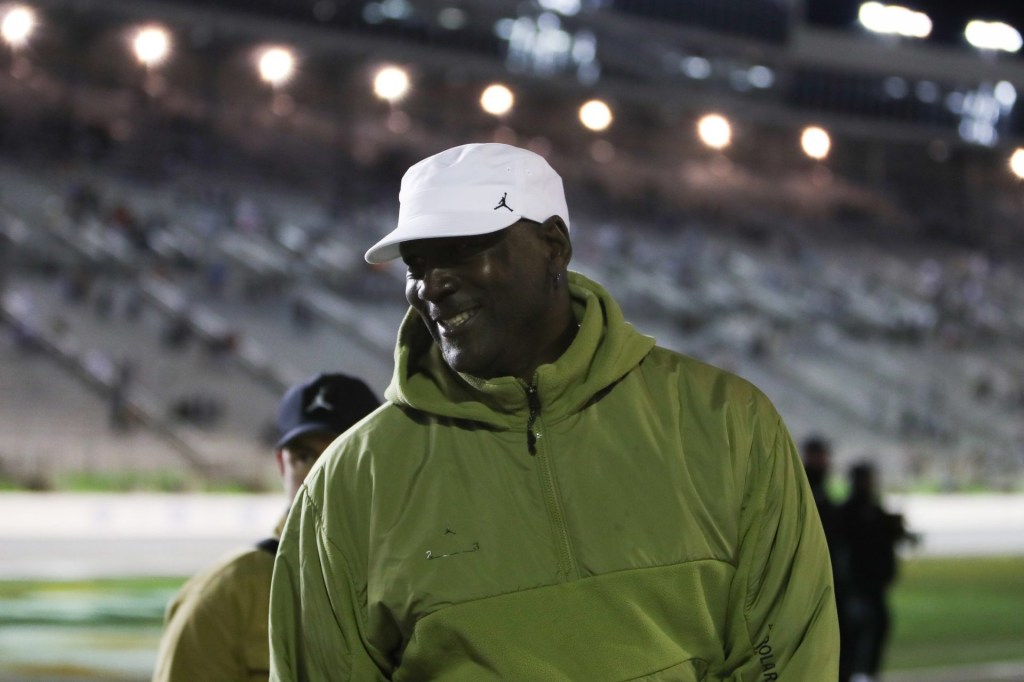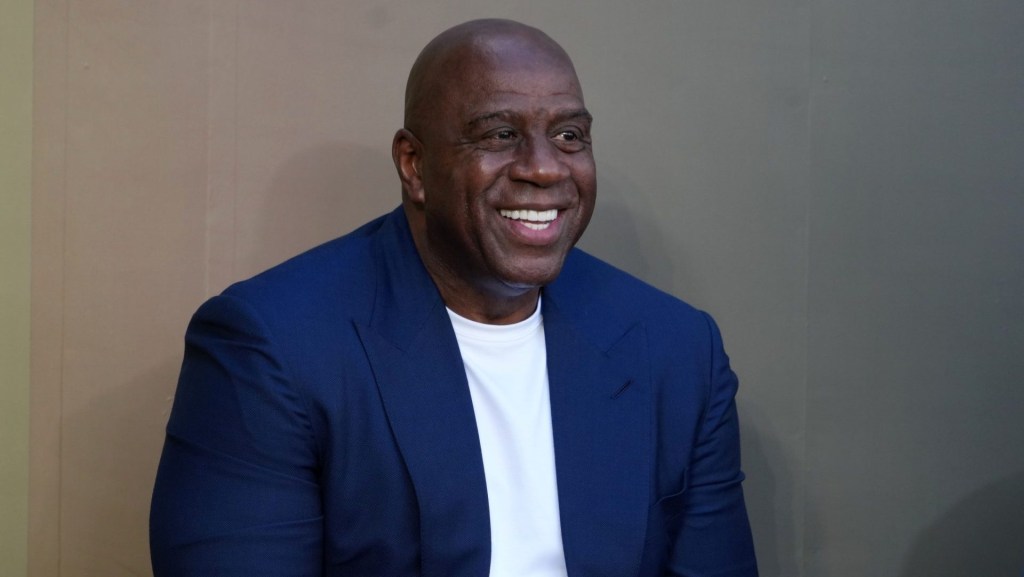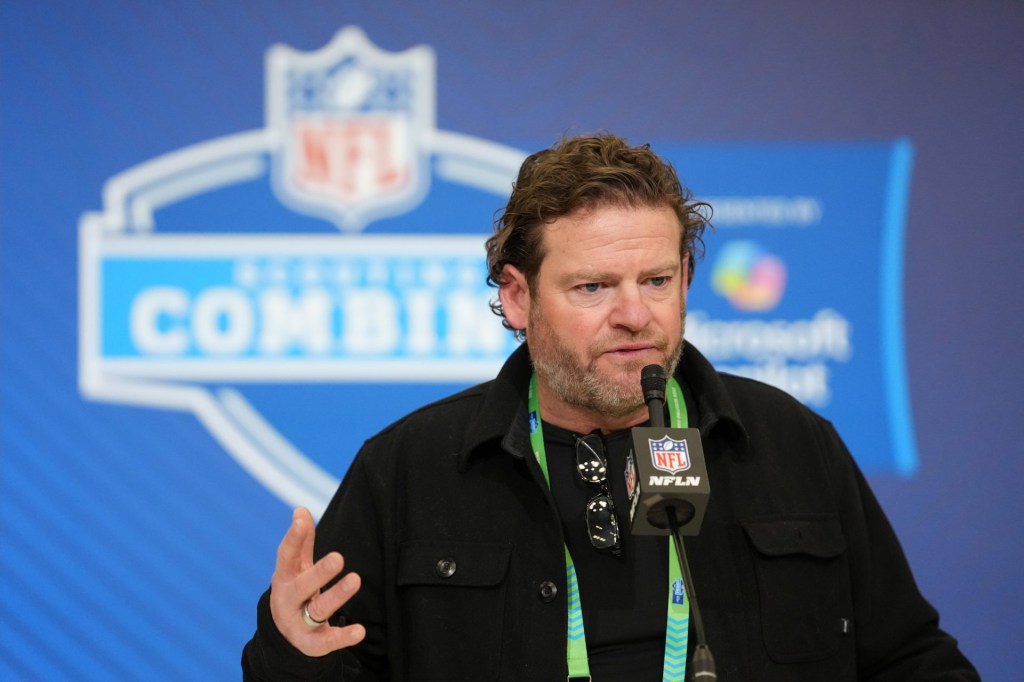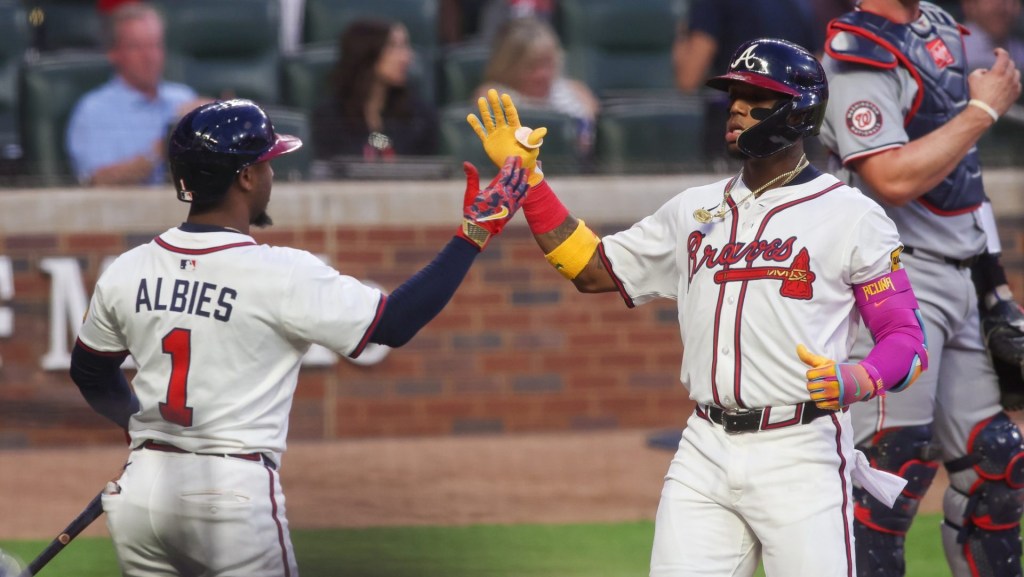New England’s 2026 NWSL expansion team has a new name: Boston Legacy Football Club.
The team announced earlier this month that it would change its name from its original choice, Bos Nation FC. The anagram of “Bostonian” was widely panned by players and fans, and it wasn’t helped by the disastrous “Too Many Balls” brand rollout in October that quickly led to a Change.org petition from fans to get a “decent name” and “rebel against” the Bos Nation moniker. Ownership quickly apologized for the marketing stunt. The team has also been mired in controversy locally as its city-funded stadium renovation has gone well over budget and been accused of favoritism in the bidding process.
Boston isn’t the first NWSL market to change its name after fan backlash. Racing Louisville first had a trademark filed as Proof Louisville FC to reference the local bourbon whiskey industry, but strong negative reactions caused ownership to change course in 2020.
“We aim for our values to reflect a city that breathes competition, passion, and pride, and to pay tribute to those who paved the way before us, including the gamechangers who helped build previous women’s professional teams in Boston,” Jennifer Epstein, the club’s controlling owner, said in a statement. “We are also focused on the future, for the next generation of players and fans who will carry forward what we build today.”
Boston’s opposing fans might question what kinds of cheers or mascots might result from such a broad team name. But the team said in a blog post that it wanted to “steer clear of colonial, Revolutionary War, and nautical themes,” the regional elements on which many Massachusetts teams have leaned.
The team says it ran a “rigorous fan feedback and quantitative analysis process” in which Boston Legacy consistently came out on top. That process, according to the team, included a 1,500-person survey that along with social media and advisors produced more than 500 name ideas. The team says it invited more than 400 people for small-group sessions, talked with branding experts and advisors, and did more testing with a shorter list of names that got feedback from subgroups like LGBTQ+ and Hispanic fans. “Among the respondents, our new name was a clear winner in every single category by a statistically significant margin,” the post says. “Our advisors consistently ranked our new name in their top three names.”
Another challenge in choosing a new team name is trademark infringement, as U.S. pro sports are running out of team names. Expansion teams have had to get creative; new teams include the WNBA’s Valkyries and Tempo, the PWHL’s Victoire and Sceptres, the Premier Lacrosse League’s Waterdogs and Whipsnakes.
Teams need to search for federally registered trademarks that are the same or similar to the one they want in their same team or industry, but sometimes other industries can be a problem, too. The Utah Hockey Club being shut down because of the Yeti cooler company is one such case. But unregistered marks, domain names, and international marks can also raise an infringement issue if it creates the likelihood of confusion.
“ You’ve got to really roll up your sleeves and do some work on the question of whether anybody else is using that same name or a confusingly similar name,” trademark law expert and Northeastern University professor of law and media Alexandra Roberts told Front Office Sports. “ And, in addition to doing that for the name of your team, you may also need to do that for mascots and logos. Because even if you choose a different team name, you might be using something that infringes or dilutes somebody else’s trademark rights.”
Roberts also says she’s noticed a shift in more teams talking about or hinting at using a name before changing course.
“So it may be that that’s the strategy they’re using,” Roberts says. “Wait and see if anyone gets mad [about the trademark], or wait and see if fans tell us this is a terrible choice, before we actually start printing everything up and investing a lot of money in the merch and really doing a hard launch.”
The team has also been mired in controversy locally as its city-funded stadium renovation has gone well over budget and been accused of favoritism in the bidding process. Rodney Singleton, one of the local opponents of the stadium project suing to block it, told FOS that “Unless the soccer team reconsiders their plans to privatize White Stadium, their only legacy will be one of environmental injustice.”
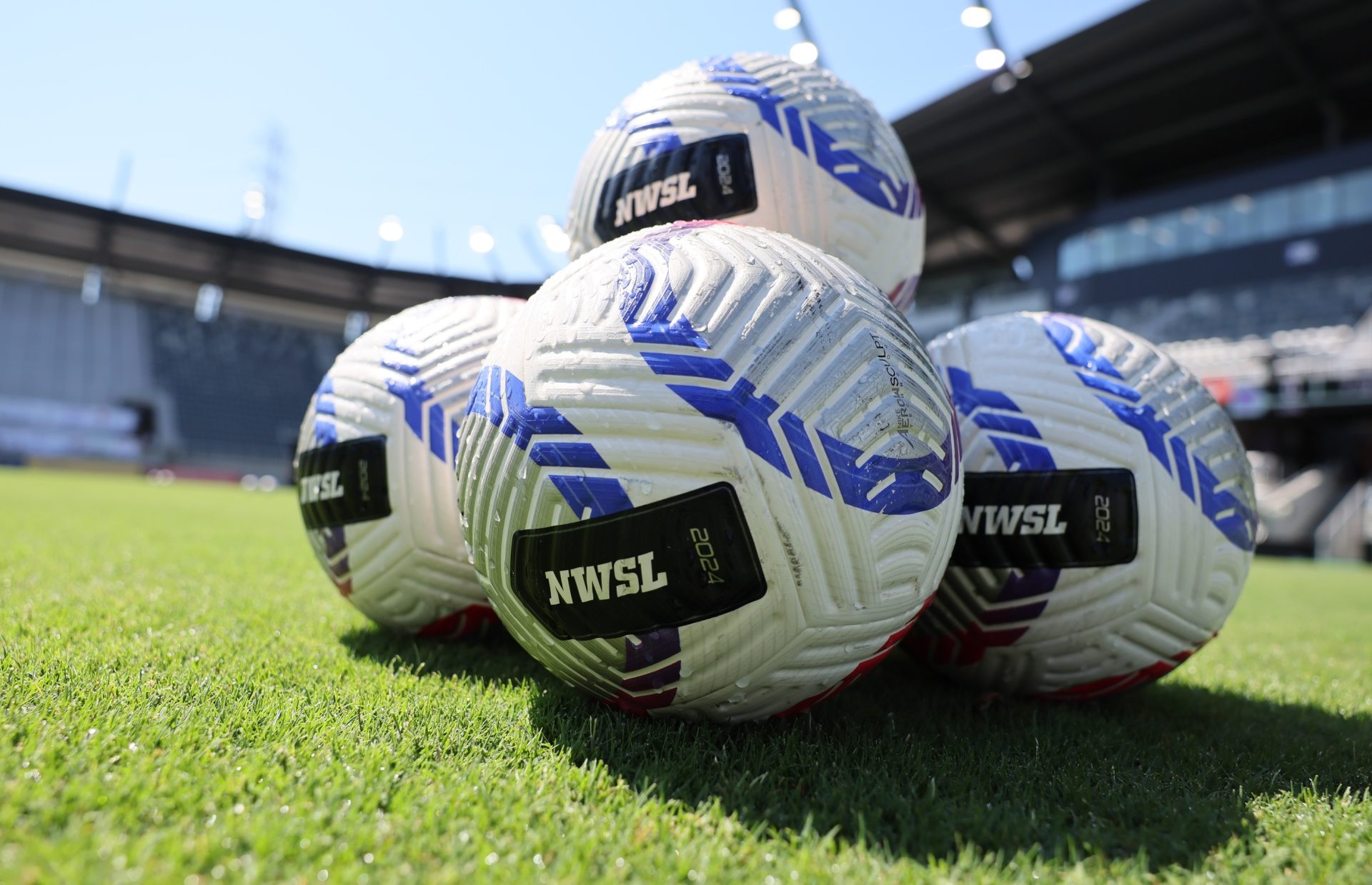






![[Subscription Customers Only] Jun 15, 2025; Seattle, Washington, USA; Botafogo owner John Textor inside the stadium before the match during a group stage match of the 2025 FIFA Club World Cup at Lumen Field.](https://frontofficesports.com/wp-content/uploads/2026/02/USATSI_26465842_168416386_lowres-scaled.jpg?quality=100&w=1024)
![[Subscription Customers Only] Jul 13, 2025; East Rutherford, New Jersey, USA; Chelsea FC midfielder Cole Palmer (10) celebrates winning the final of the 2025 FIFA Club World Cup at MetLife Stadium](https://frontofficesports.com/wp-content/uploads/2026/02/USATSI_26636703-scaled-e1770932227605.jpg?quality=100&w=1024)

